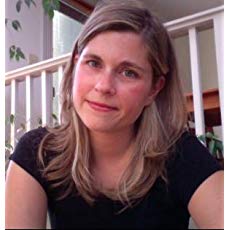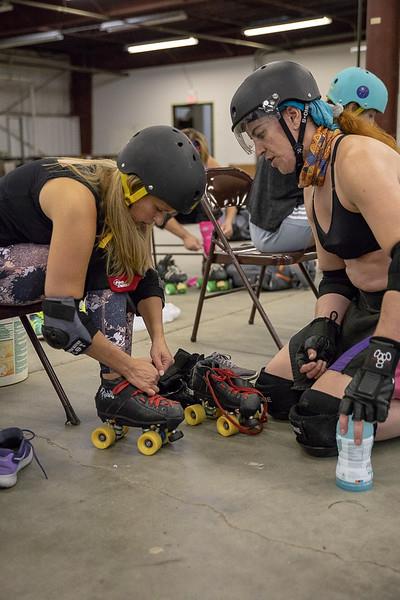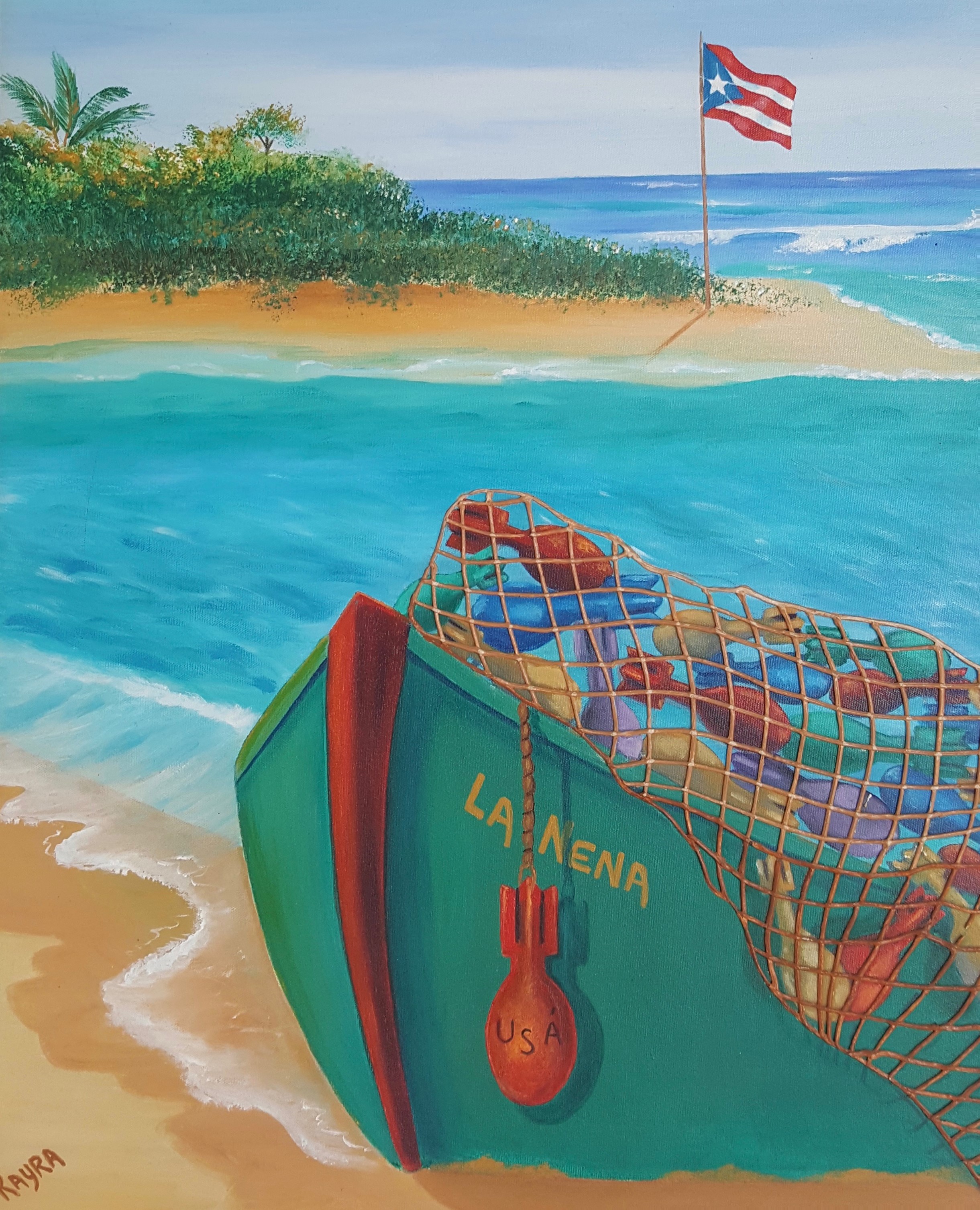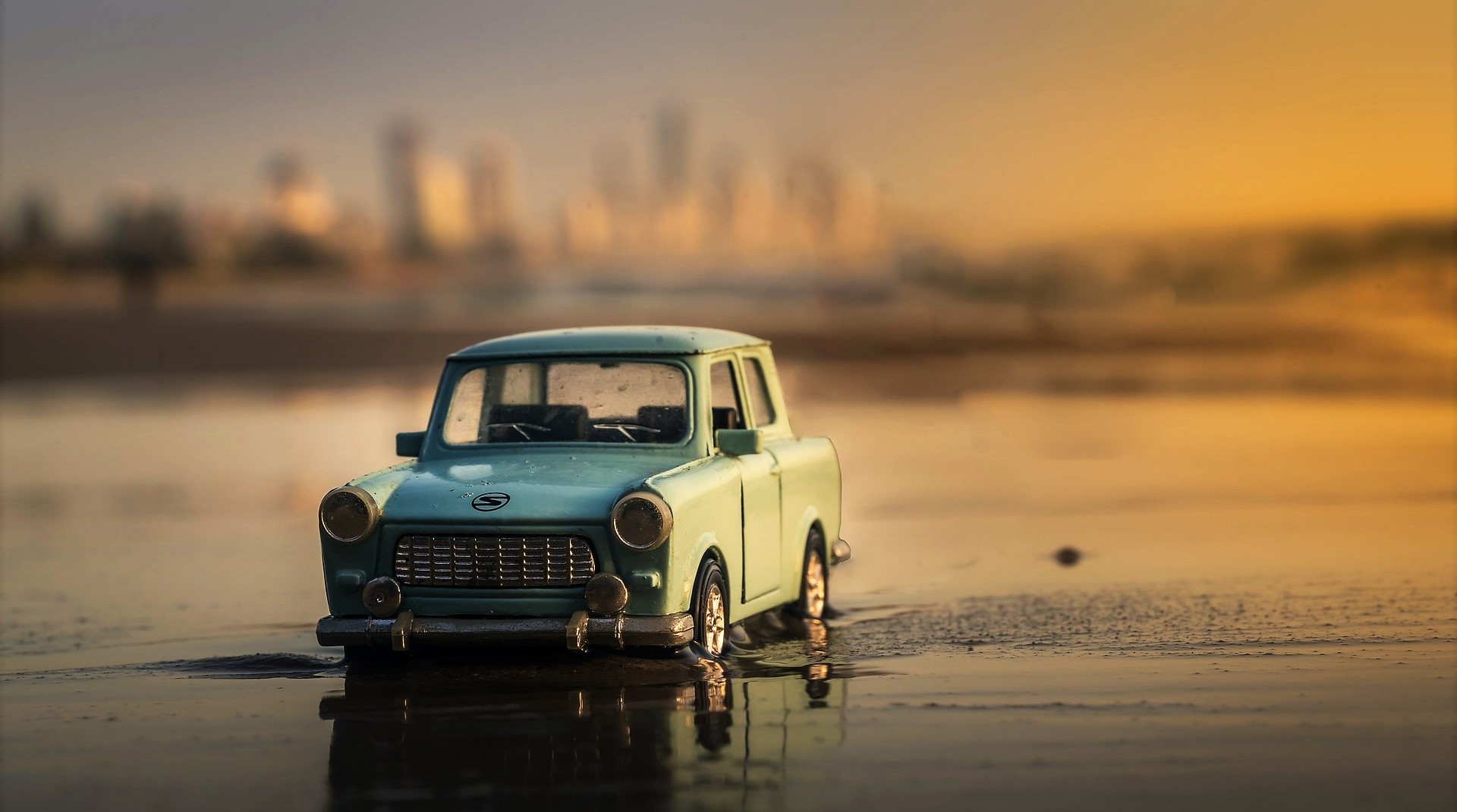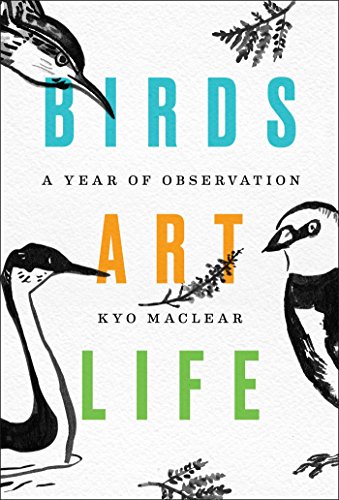Christmas had come and gone a week or so before my moment of reflection in the car. Mom hadn’t worked in over a year because she had been diagnosed with Lymphoma and needed treatment, so during that time, I moved in with her. Section 8 took care of the rent; I took care of everything else: my mom, three siblings, a dog, a cat, my daughter and myself. I worked. I cooked. I cleaned. I drove her to her appointments throughout the year. I did her laundry (I did everyone’s laundry). I did the groceries. I was exhausted, but I didn’t complain. Throughout that entire time, Mom was sweet to me. She said things like, “I don’t know what I would do without you,” “You’re such a great daughter, God is gonna bless you.”
By September, she was in remission, but there was still a possibility it could come back. We lost our grandpa the year before to the same type of cancer, so for that Christmas I wanted to get the family's mind off of Mom’s illness. I used most of my $2000 bonus for presents and a huge Christmas feast.
After Christmas, Mom was doing well, and she announced that she would be going back to work. And within days, her attitude changed from grateful to annoyed.
“Melinda, I’m getting tired of your dog,” she would say just to get an argument started.
Then one day Mom came into the room I was staying in, the one that was once my room, but turned into my sister Breeana’s room when I initially moved out. “We need to talk,” she said.
“What’s wrong?”
“When do you think you can move into your own place?”
“Umm, I don’t know," I said. "I have to save up some money.”
“Well, I’m gonna need you to look for a place, Melinda. I need my space. Breeana has been sleeping in my room this whole time. She needs her room back.”
“Well, damn. You could’ve told me this sooner. I would’ve kept my bonus money to move out.”
“Well, I’m gonna need you to find something within a month. If Section 8 finds out that you’re here, I can lose my voucher.”
“Are you kidding me? You didn’t say anything about Section 8 this whole year. The minute you got a job, and got money, and don’t need me no more, that’s when you wanna use that shit?”
“Melinda, watch your language!”
“I’m sorry, but this is some BS.”
“And," she went on, "I really don’t like having a dog in this home, and I’m tired of you inviting your cousins and friends over.”
“They come over once a week, and it’s just three of them total. Damn, Mom, I need to unwind too. Don’t you see all the shit I do?”
“Well, you can do that in your own home.”
“You always do this, and I always fall into the same shit. You use me until you don’t need me anymore.”
She tried to say something else, but I stormed out. I fled the house, got into my car and drove aimlessly for a few hours.
When I got back home, she was walled-off in her room and I found my brothers in the living room playing XBOX. Both of them, ages twenty-two and twenty-three, were unemployed.
Danny paused the game. “Hey, Melinda. Do you think you could give me money for my haircut?”
“No," I snapped. "Get a job.”
He looked wounded. “Why you gotta be like that?”
“Why do I gotta be like that? Do you hear yourself? For the past year, I’ve been paying for everything in this apartment! Get a job!”
“Oooo, you always gotta act like a straight bitch.”
“Seriously? Fuck you! You definitely ain’t getting shit.”
I stomped to my room, slammed the door, fell on my bed. My brother and I had a similar argument a month before, on Thanksgiving. We were at a cousin’s house and Danny asked me to give him money for cigarettes. I said no. And he got in my face and called me a bitch in front of the whole family. So I got right back in his. My cousins had to separate us.
Now, as I was lying there in bed staring up at the ceiling, I thought, This is never gonna change. They grew up watching Mom use me, take advantage of me, make me feel like shit when I couldn’t or wouldn’t do what she wanted. And now they treated me the same way.
*
And that is what had me sitting alone in my idling car after work on a frigid weekday, thinking about Section 8 and my government job and my family's odd dynamic throughout the years. I thought about how I had to drop out of high school to take care of everyone when Mom’s health declined. I thought about getting my mom through her kidney failure, dialysis, and transplant. I thought about how, when I was fifteen, I was the one who woke up in the middle of the night to take care of Breeana when she was a newborn because that was when Mom’s kidney function went down to 20%. I thought about the time I had to go to Section 8 and welfare appointments at age sixteen, in place of my mother, so we wouldn’t lose our benefits. I thought about the R&B group I was in during that time but had to quit because I couldn’t travel with them to New York; I had a family to take care of. I thought about all the times I chased my brother Giovanni through the hood—sprinting through playgrounds and jumping fences—to prevent him from joining a gang and selling drugs. I thought about all the times I wanted to give up and just be a normal fuckin’ kid, but I couldn’t. I held it in. Kept it together so that I could keep us together. But sitting there in that car, I suddenly thought: And for what? This was what I worked so hard for? This was what I tried to keep together? What did I get out of this so-called family? We were broken. We were all fuckin’ broken.
*
I read somewhere that the best time to uproot native plants is when they’re dormant. This minimizes the stress placed on the plant’s root system. I was dormant all right. Existing just for the benefit of others. Barely living. I was ready for something drastic.
Even when I lived thirty minutes away from my mom, I could never say no to her. I felt responsible for her, her wellbeing and her happiness. She would call me and say, “I know you’re off on Tuesdays and Wednesdays, so I scheduled my appointments on those days. You could take me to do groceries and do the laundry on those days as well.” It’s like even when I left the nest, she felt I was still obligated to care for her no matter what.
And I know what you’re thinking: why didn’t I just say no? Well, I did. And she'd hit me with, “Fine. I’m sorry I’m such a burden. I will never ask you to do me any more favors. You know I don’t have a car, and I just need a little help, but it’s fine. I won’t interrupt your life.” It’s as if those words were bounded by an incantation that immediately filled me with guilt and compelled me to fall to my knees and beg for her to let me help her. I had to break this spell, this prayer, this power she had over me.
*
It didn’t matter how many showers of opportunities came pouring down upon us, our soil was impenetrable. Our environment was contaminated. Our roots were toxic. Our mentality was limited. The second week of January, I decided to begin the uprooting process. During my lunch break, I walked over to the Online Learning Center, a room filled with desktop computers for training purposes. Officers were also allowed to check their work emails and do other work-related tasks. I sat down and logged into the network. My mouse hovered over several categories on the TSA homepage until I saw the option for a request to transfer.
I thought, thirty minutes away is not enough.
My daughter was six at the time, and I wanted to make this transition as easy as possible for her. Then I thought about my childhood friend and a conversation we shared a few months prior.
“Girl, you should really think about moving here. I love it,” she told me.
“I want to, but I’m still not sure. Chicago is all I know.”
“Girl, you would be so much happier here, away from your crazy family.”
*
Away from your crazy family. Away from your crazy family. Away from your crazy family. Each time her words replayed in my head they sounded better and better while at the same time, scarier and scarier. What will my life look like without my crazy family bringing me down? I didn’t want a life completely without them; I loved them. But I also didn’t want a life where they were the center of it either. I saw the internal damage in us all. The rooted trauma that arose differently in each of us, revealing itself in the form of depression, isolation, rage, and insecurity, and keeping us in a box marked weeds, making us feel inferior to the rest of the world, making us feel as though we would never be able to break free from the rooted blight that penetrated our stems and seeped into every stage of our lives, latching us to a past we all desperately craved to expunge.
I was ready to remove myself from the dry turf and prune out everything hindering me from becoming fruitful. I knew I wasn’t strong enough to heal my wounds and their wounds at the same time. So solitude a thousand miles away was necessary for a long-term fix, not only for myself, but for them and for all our future generations. I filled out the electronic form, typed MCO—the airport code for Orlando, Florida—took a deep breath, and pressed send.






